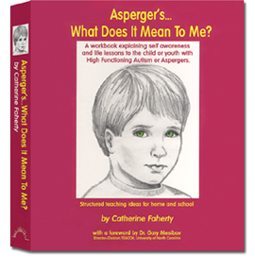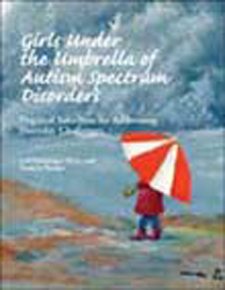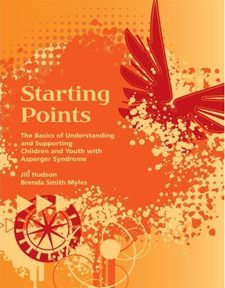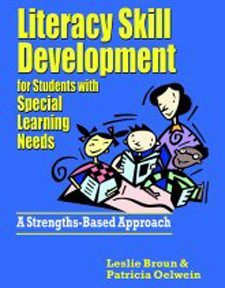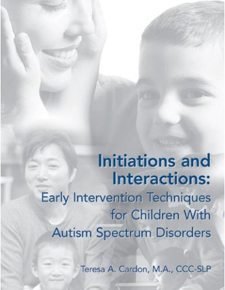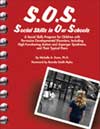The Next Attention Deficit Disorder?
With a teacher for a mom and a physician’s assistant for a dad, Matthew North had two experts on the case from birth, but his problems baffled them both. “Everything was hard for Matthew,” says Theresa North, of Highland Ranch, Colo. He didn’t speak until he was 3. In school, he’d hide under a desk to escape noise and activity. He couldn’t coordinate his limbs well enough to catch a big beach ball.


